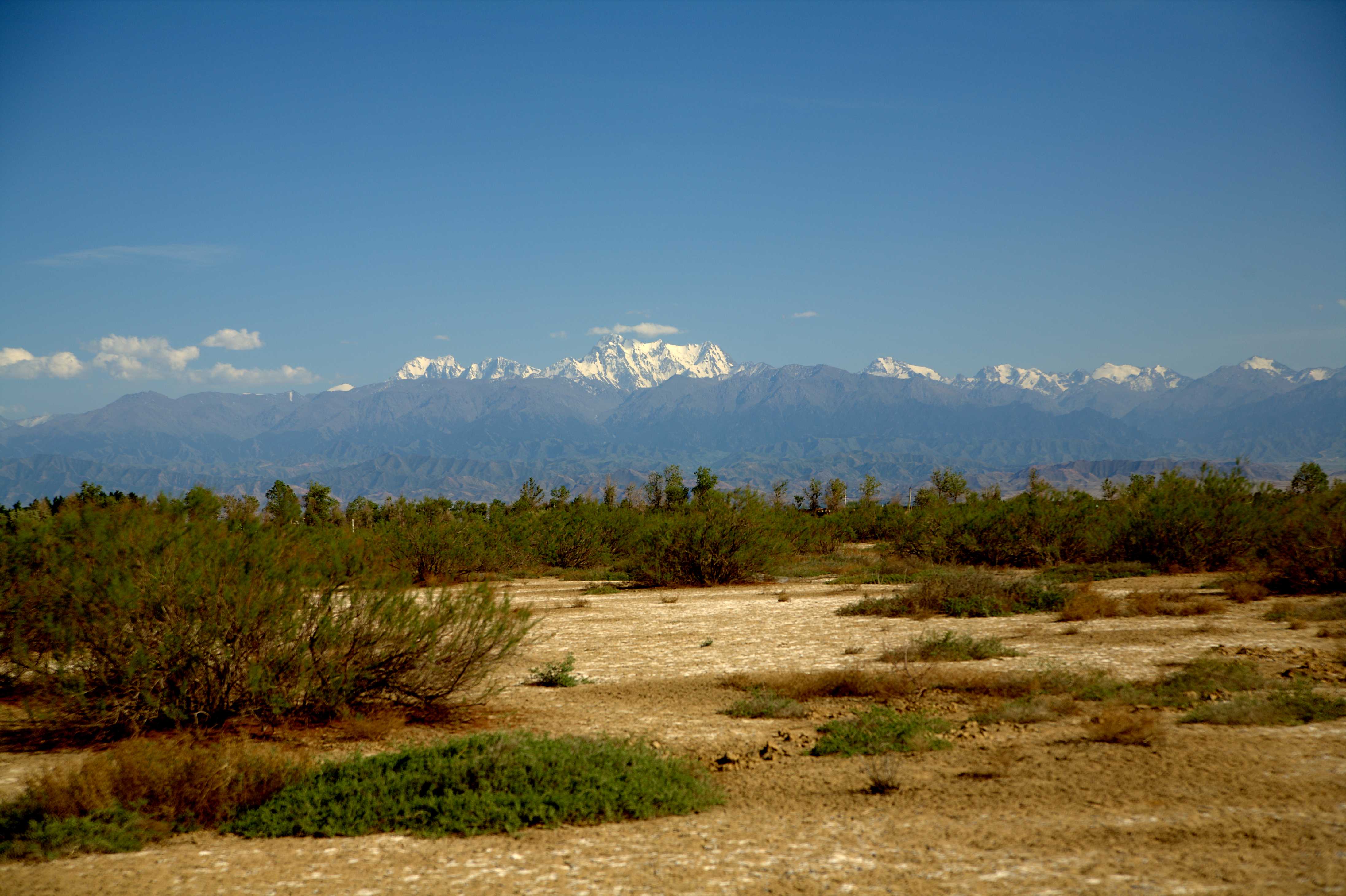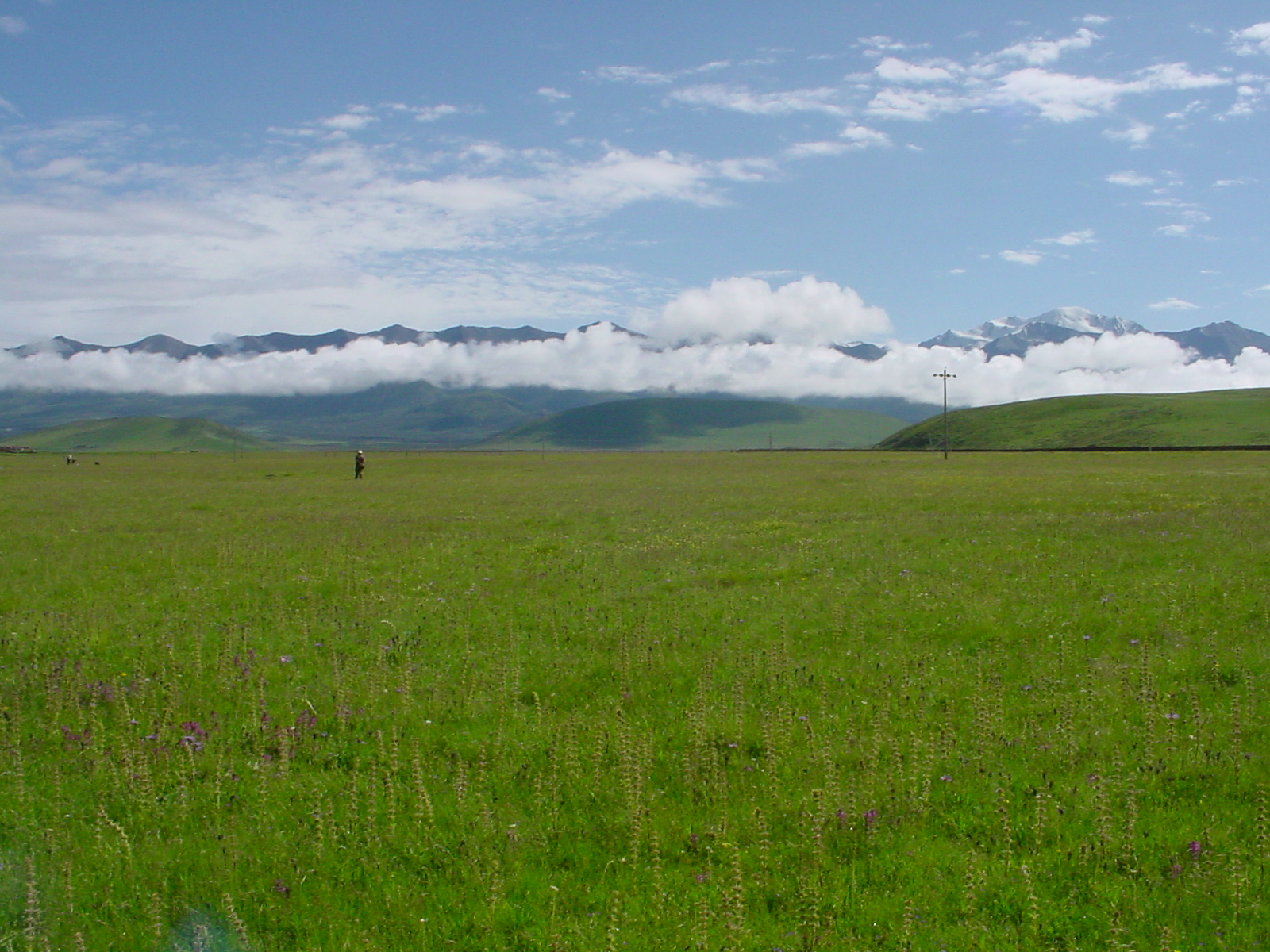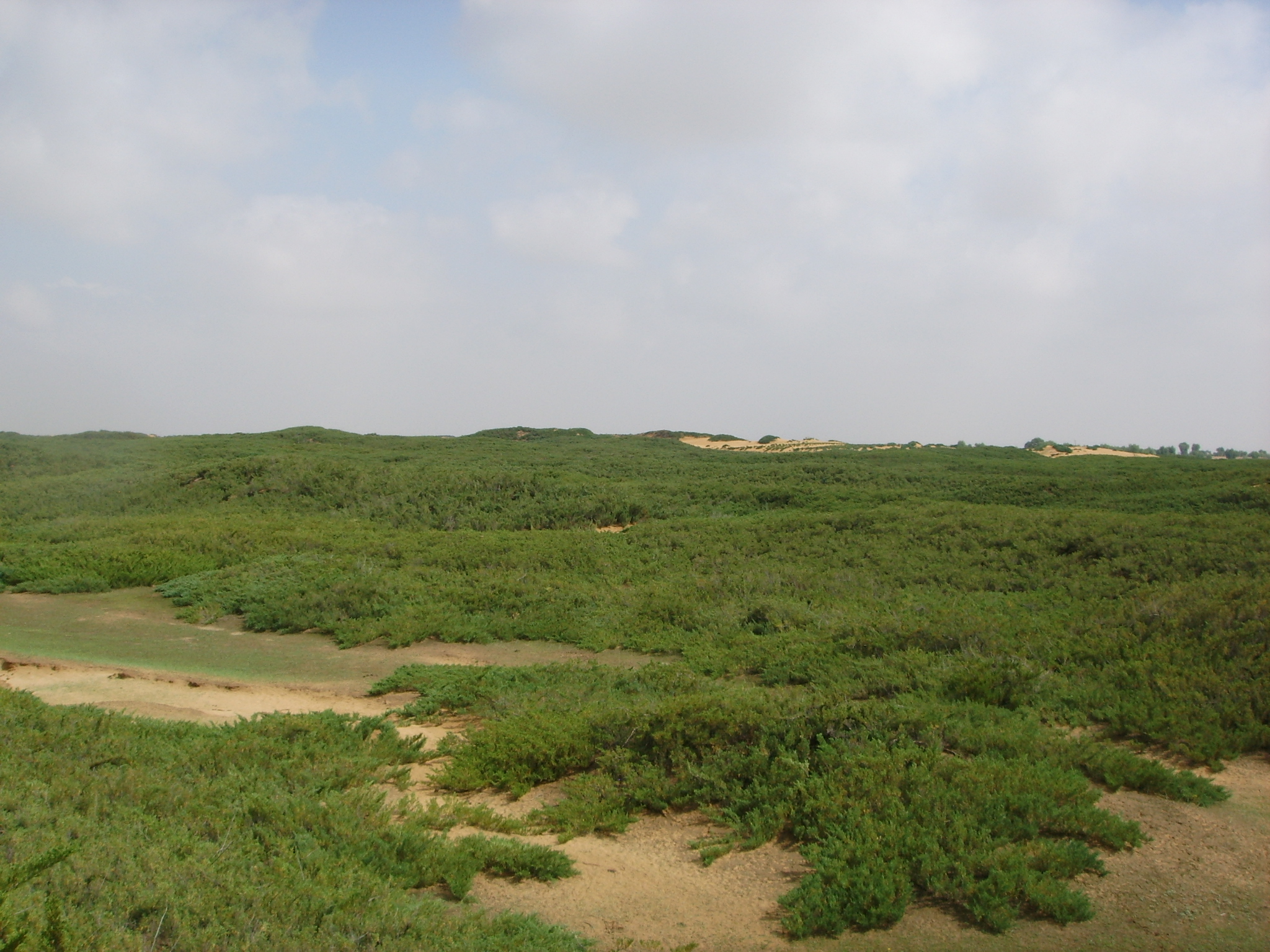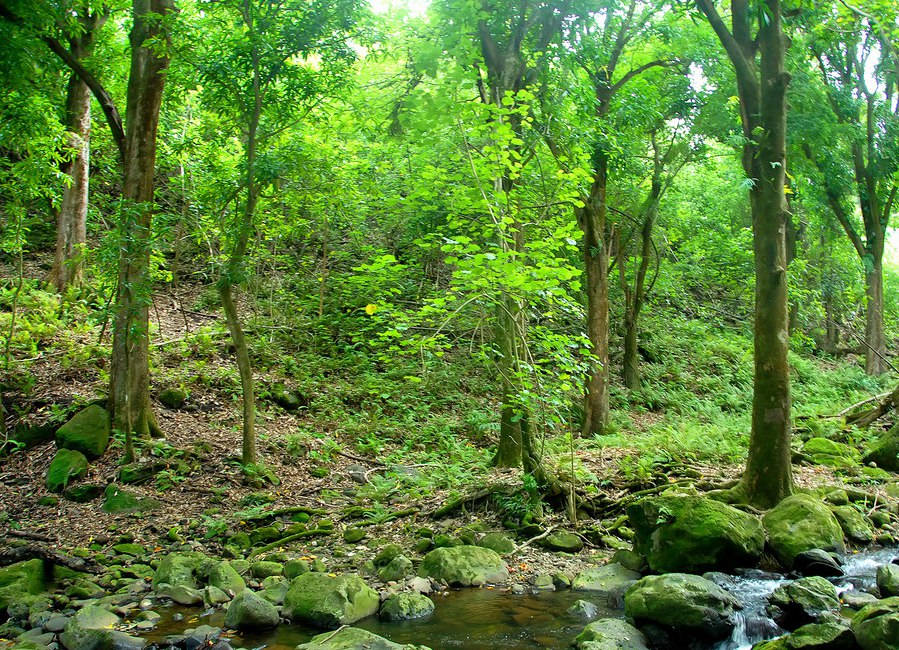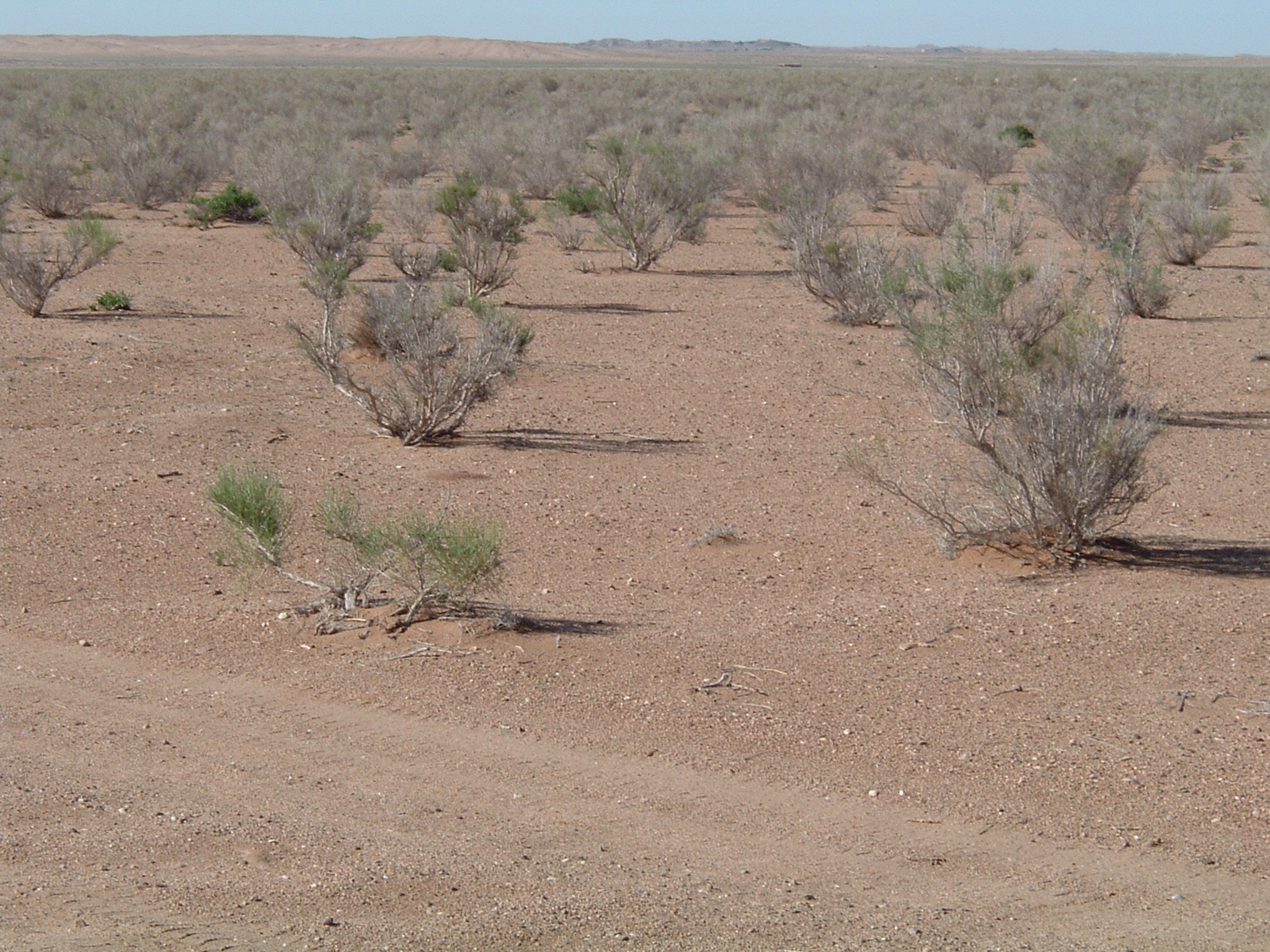Chinese Ecosystem Research Network (CERN), one of the founding members of the International Long Term Ecosystem Research Network (ILTER), and Global Terrestrial Observation System (GTOS), supported by the Chinese Academy of Sciences (CAS), was established in 1988 under the auspices of the Chinese government and the World Bank Loan. Through years of effort, it is now well placed to address important issues, serving as a functional network to meet the needs of both the national and international ecological research.
The Mission of CERN is to promote ecosystem conservation and improvement, environmental quality enhancement and agricultural development, and to advance the studies in ecology and related inter-disciplines. Its mandate includes monitoring, research and demonstration on typical ecosystems in China.
CERN consists of 44 research stations representing diverse ecosystems, as well as five disciplinary centers (Sub-center for Biology, Soil, Water, Atmosphere and Aquatic Ecosystems) and a Synthesis Research Center. CERN stations includes 15 agriculture stations, 12 forest stations, 2 grassland stations, 6 desert stations, 2 marshland stations, 3 lake stations, 3 bay stations and 1 urban station. More than 1000 scientists and graduate students from over 20 institutes in the fields of ecology, natural resources and environment have been involved in the activities of CERN.
Long-term biological observation data of CERN are collected since 1998. The data portal involve species composition of plant community, aboveground/belowground biomass, leaf area index, litter seasonal dynamics, phenology, soil microbiology, and chemical elements contents of dominant plants of natural ecosystems (forest, grassland, desert, marshland), and also include data of agricultural ecosystems, such as crop development dynamic, aboveground/belowground biomass, crop characters at harvest time, yield, energy and chemical elements contents. Up to now, there are totally 87 datasets and 420 thousands records.
 HOME | CHINESE
HOME | CHINESE

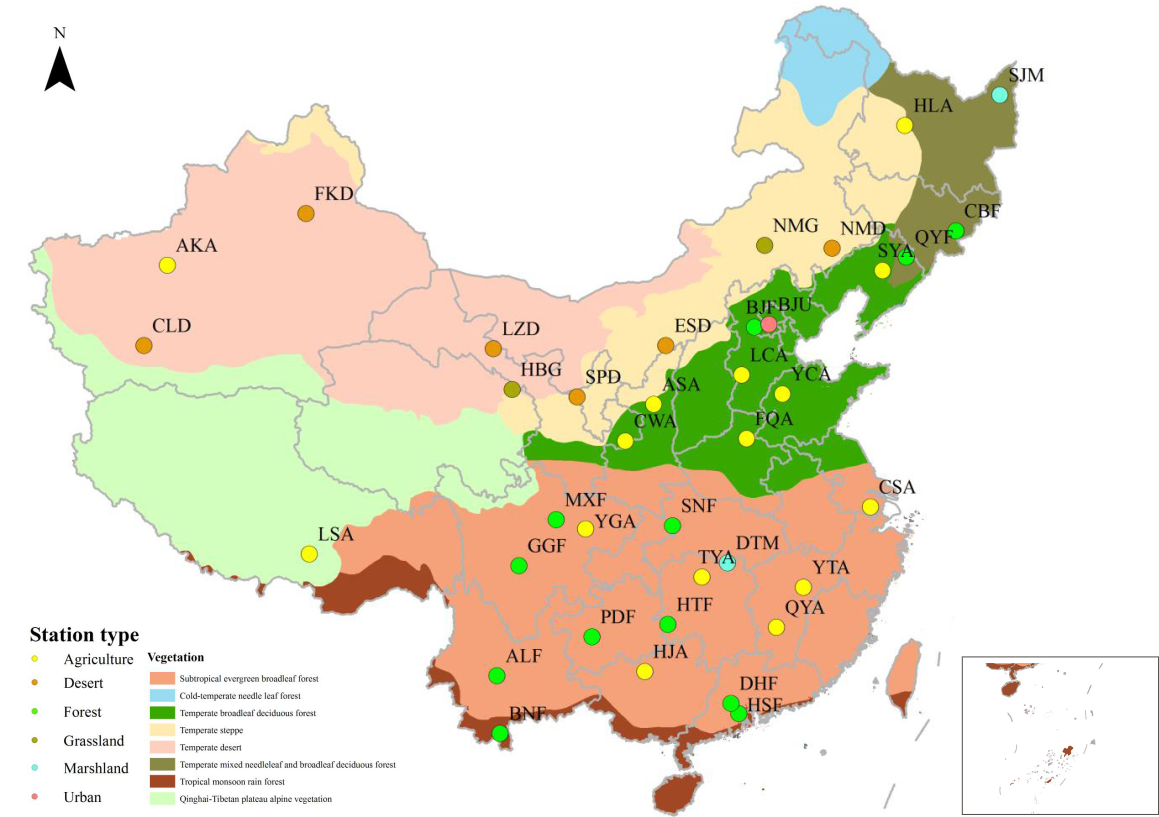
 Name: Song Chuangye
Name: Song Chuangye
